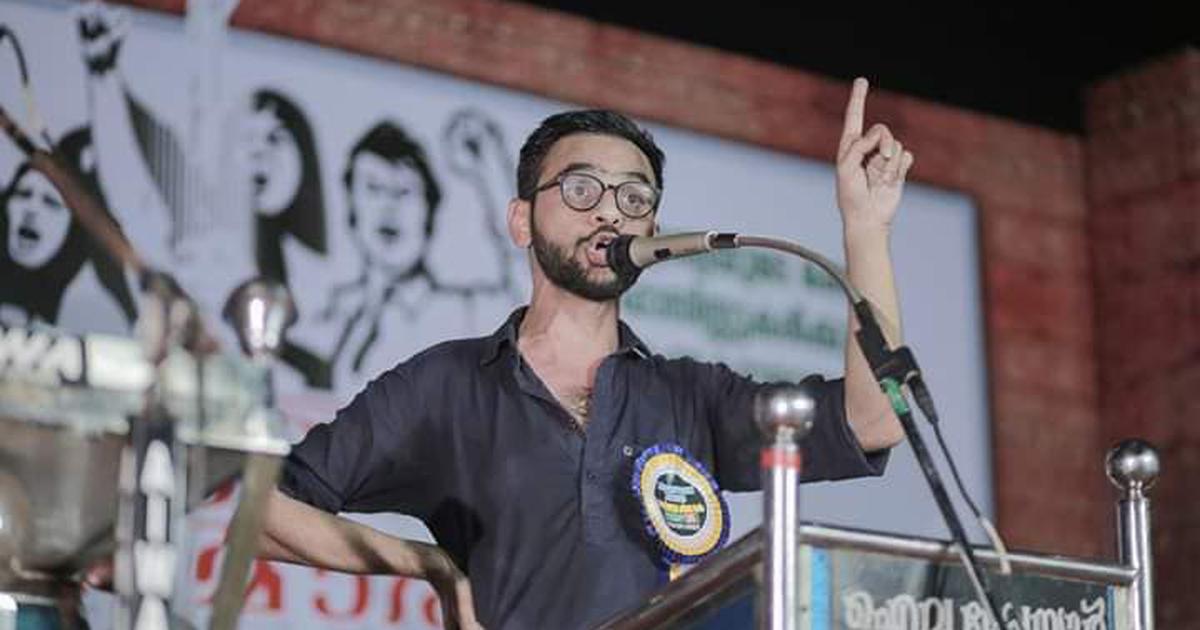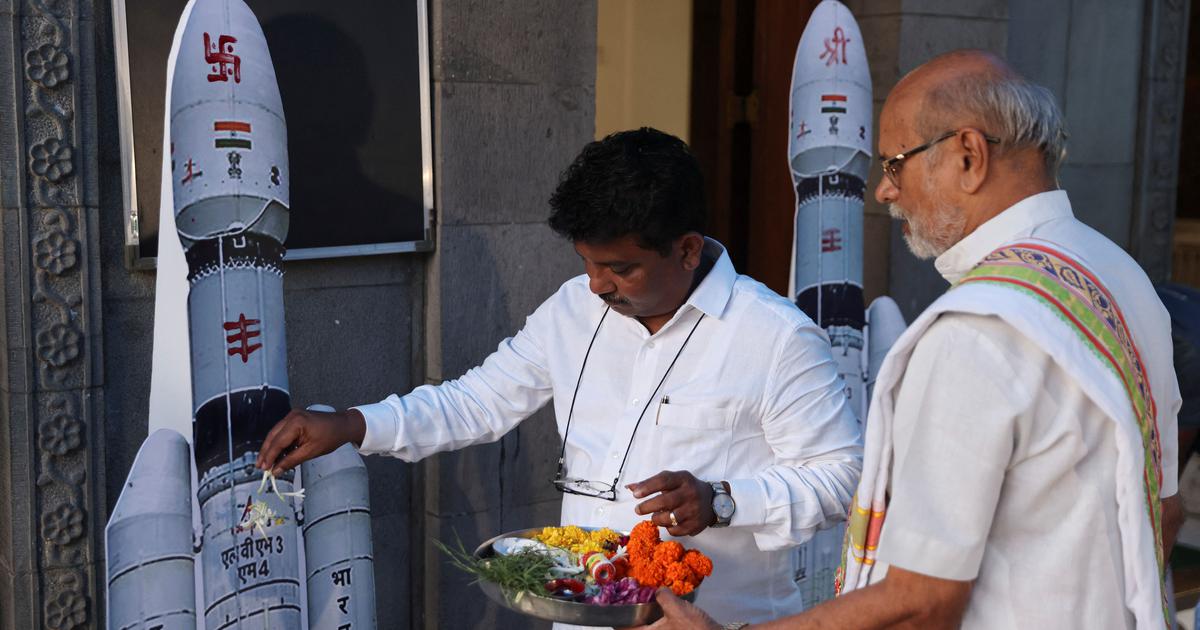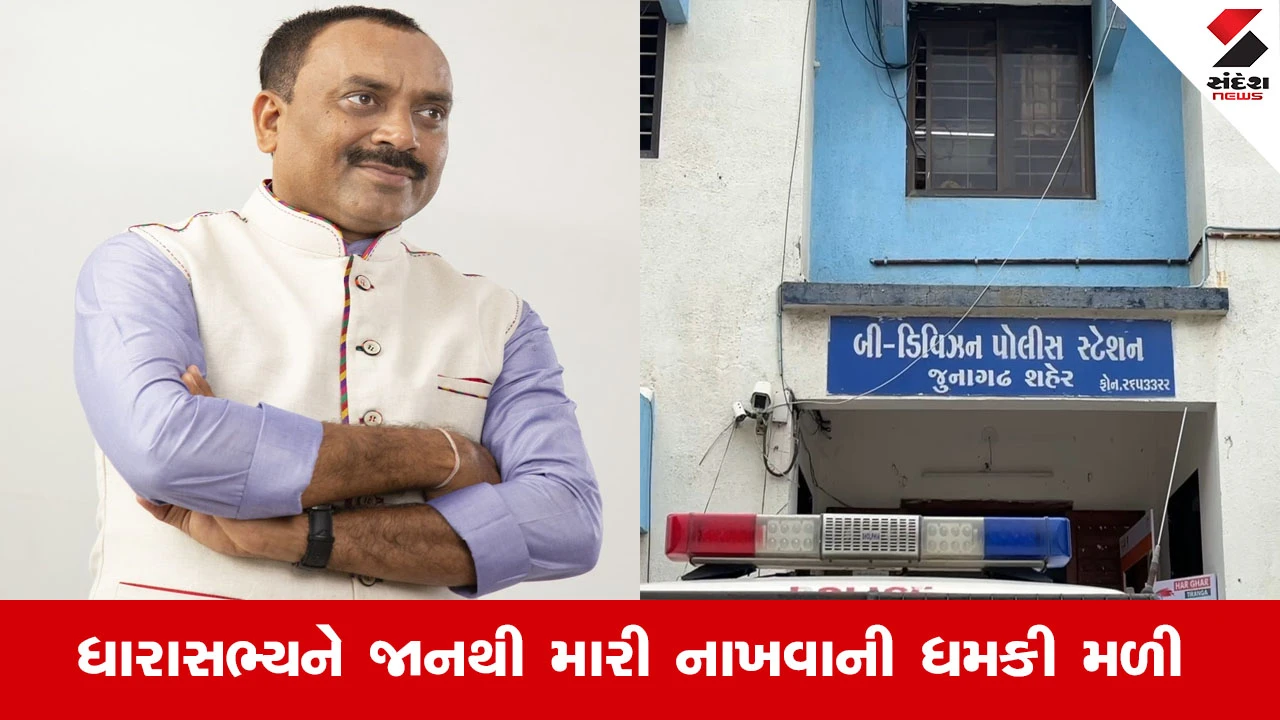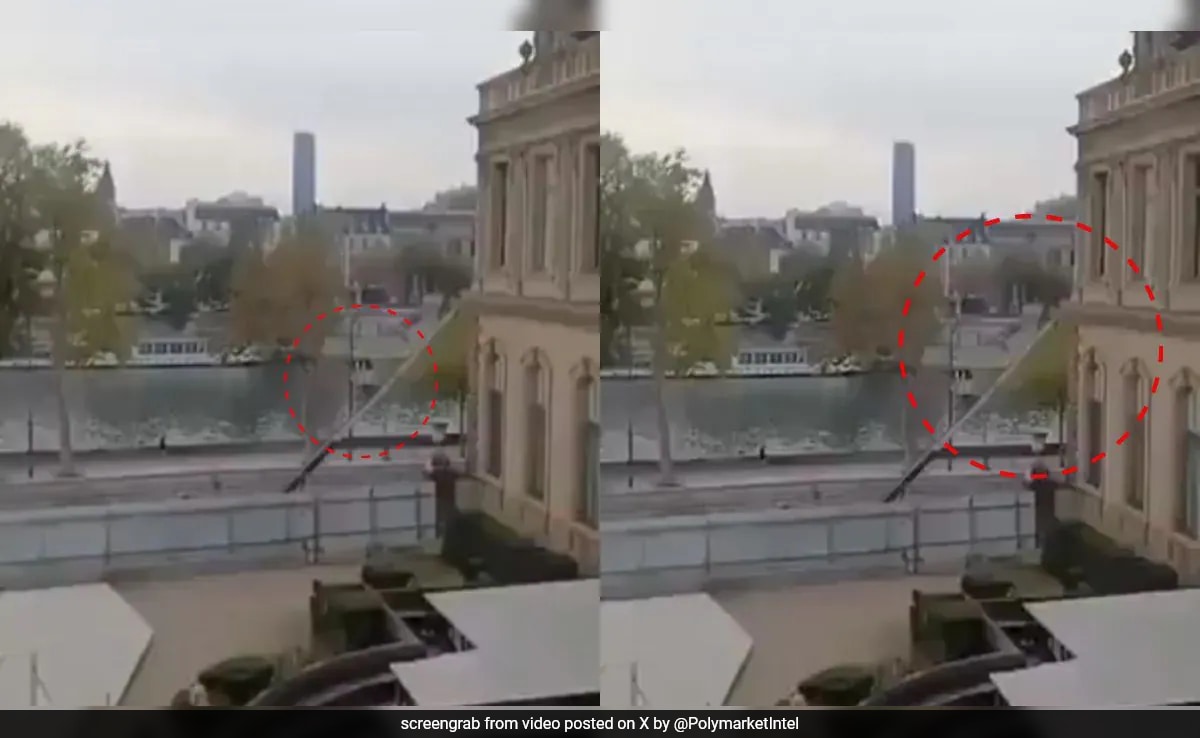Are students and activists being punished for invoking their faith in the Constitution?

Join our WhatsApp Community to receive travel deals, free stays, and special offers!
- Join Now -
Join our WhatsApp Community to receive travel deals, free stays, and special offers!
- Join Now -

One of the most striking visuals to emerge from protests against the discriminatory Citizenship Amendment Act at New Delhi’s Jamia Millia Islamia campus and the Shaheen Bagh neighbourhood in 2019-2020 was the collective, performative reading of the Preamble of the Constitution of India. This was an entirely novel use of the Preamble. This tactic has become a powerful and widely resonant method of protest, and an assertion of rights by many marginalised groups across India.
Scholars have described this kind of protest tactic as an expression of constituent power. Constituent power is admittedly an abstract concept, but it essentially refers to a collective political will of the people when they assert that they have the capacity to take political decisions for themselves.
The Preamble is the declaration of this constituent power of Indians to become “a people”, a political unity who can determine their political future. The collective reading of the Constitution allowed participants to constitute themselves as “We, the People of India”.
It was particularly significant that this practice emerged from students who were not demanding any concessions or policy favouring them. By reading the Preamble in an assembly, they were actively constituting themselves as the people of India. This assertion carried added weight because...
Read more
What's Your Reaction?
 Like
0
Like
0
 Dislike
0
Dislike
0
 Love
0
Love
0
 Funny
0
Funny
0
 Angry
0
Angry
0
 Sad
0
Sad
0
 Wow
0
Wow
0























































